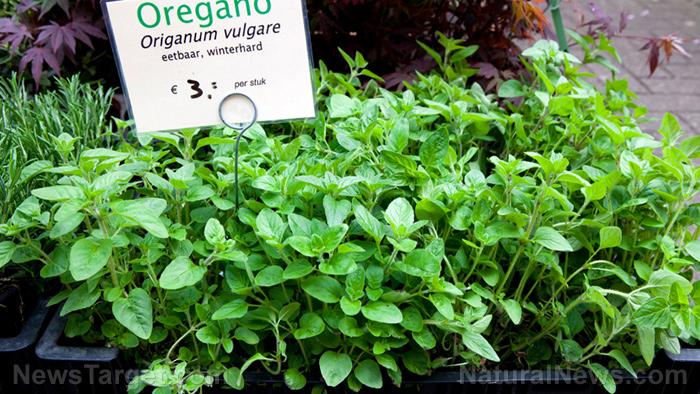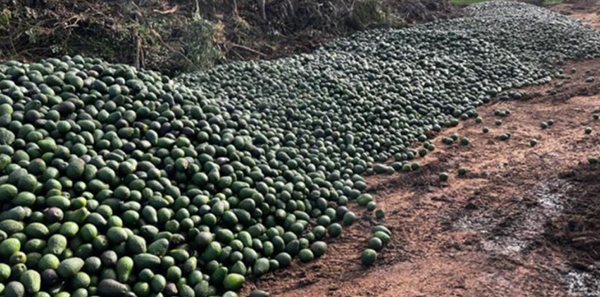Medicinal plants: What you need to know about herbal antibiotics
08/02/2021 / By Mary Villareal

Bacteria tend to develop resistance to industrial antibiotics sooner or later, but this isn’t the case with herbal antibiotics. Herbal antibiotics work in a way where bacteria resistance becomes unlikely, even futile.
Medicinal plants, including herbal antibiotics, have been used in the management of infectious diseases since ancient times. In modern times, the effectiveness of many of these remedies has been proven in scientific methodologies. While these mechanisms focused on plant-derived remedies are not fully understood, the fact remains that herbal medicine is effective in curing infectious diseases, and many plants are beneficial against illnesses.
Plants such as garlic and aloe vera are used as natural antibiotics for relief in burns, and respiratory tract infections. They are also known to enhance the immune system and even lower blood pressure. When the immune system is weak, unwanted microbes can infect and thrive in or outside our bodies, and the microbial activities of microorganisms can cause infections.
While not all bacteria are harmful, various strains of the same bacteria can cause symptoms like diarrhea and vomiting. Natural antibiotics such as herbs and spices have the desired properties that minimize the spread of harmful microbes in the body.
Natural antibiotics found in herbal medicine have fewer side effects. That said, while herbal medicinal or herbal products are considered for low risk for adverse effects compared to synthetic drugs, you should still take care when using them as taking too much may still lead to some adverse effects. To stay safe, be sure to consult with your healthcare professional before trying any new medicine, herbal or otherwise.

How plants work differently from pills
Unlike pills, plant chemistry is complex. They have dozens of distinct chemical compounds that make it impossible for bacteria to develop any kind of resistance to them. These compounds may defeat the bacteria, but they can also promote healing, provide pain relief and reduce inflammation to make recovery faster. When these plants and herbs are combined, chances are that improvements will be faster.
Fortunately, plants are easy to grow for medicinal purposes. While it does not take going to medical school to learn about them, it is still important to be aware of their interactions. Plants are safer than conventional alternatives, with fewer side effects. Adverse drug reactions are among the leading cause of death in the United States, and plants can help minimize such adverse effects. (Related: WHO warns world running out of synthetic antibiotics, but refuses to acknowledge power of natural herbal antibiotics.)
Powerful antibiotics in your kitchen
Prevent antibiotic overkill by using these plant alternatives instead:
- Manuka Honey – one of nature’s best antimicrobial sources, it received even more attention because of its antibacterial properties as well. Clinical studies showed that Manuka honey can inhibit multiple drug-resistant pathogens and has a broad spectrum of antibacterial capabilities. Studies also showed that it can disperse and kill bacterial in biofilms or enclosed communities of cells; thus, it can be used to prevent bacteria in wounds and implanted devices.
- Garlic – the chemical compounds in garlic have been proven to display antimicrobial activities that help kill pathogens responsible for common and rare infections. Garlic has been used for centuries to combat infectious diseases.
- Oregano oil – one of the most powerful antibacterial essential oils, oregano contains antibacterial and antifungal compounds that make it effective against many strains of bacteria, including Escherichia coli (E. coli).
Bonus: Probiotics can also reduce harmful and resistant bacteria while increasing good bacteria in your gut. Research showed that taking probiotics not only helps boost your immune system, it is also important to take them after antibiotics to replenish the good bacteria in your body.
Read more about alternative medicine in food at Medicine.news.
Sources include:
Submit a correction >>
Tagged Under:
alternative medicine, antibacterial, Antibiotics, Antimicrobial, bacteria, emergency medicine, Good science, healing, herbal medicine, Herbs, manuka honey, Medicine, natural health, natural medicine, oregano oil
This article may contain statements that reflect the opinion of the author





















